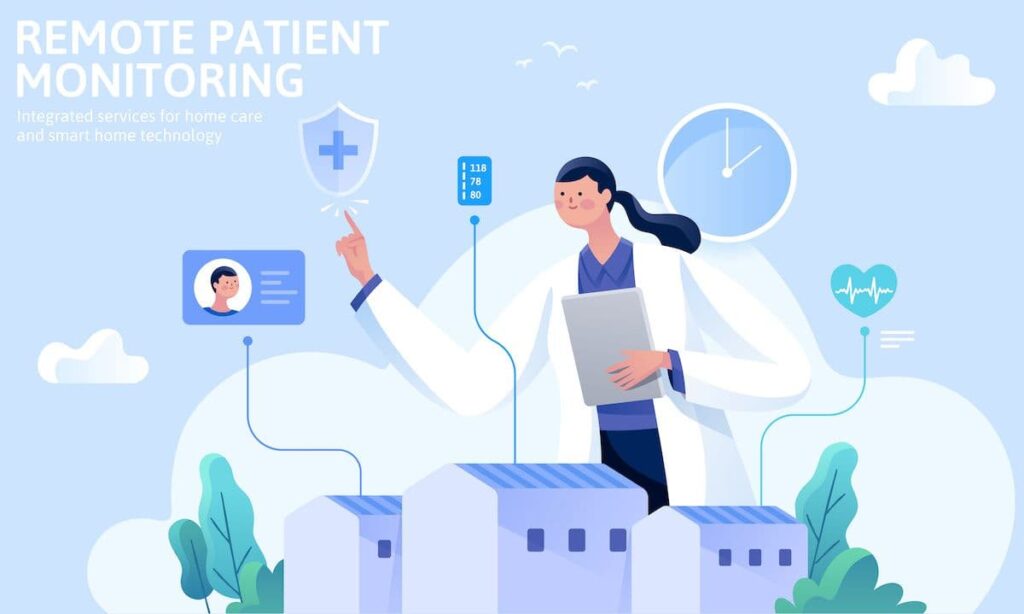

Remote physiological monitoring (RPM) and chronic care management (CCM) are well-established programs with years of operational and billing experience in many practices. These billable activities have allowed health care providers to offer more comprehensive care to Medicare beneficiaries outside of their traditional in-person doctor’s visits. Because the U.S. Centers for Medicare & Medicaid Services (CMS) views these as complementary activities, providers are also able to leverage the right program for each patient, which often means enrolling some patients in both RPM and CCM services and billing for these services concurrently.
CMS’ recently issued rule finalized changes to the 2025 Physician Fee Schedule (PFS), which includes the introduction of new Advanced Primary Care Management (APCM) Healthcare Common Procedure Coding System codes, shedding light on the potential future of CCM coding. The new PFS goes into effect on Jan. 1, 2025, furthering an evolution that underscores a significant shift toward longitudinal, outcomes-focused care. Medical practices must stay abreast of these changes to leverage platforms supporting RPM, CCM and APCM programs effectively, ultimately optimizing revenue and patient care.